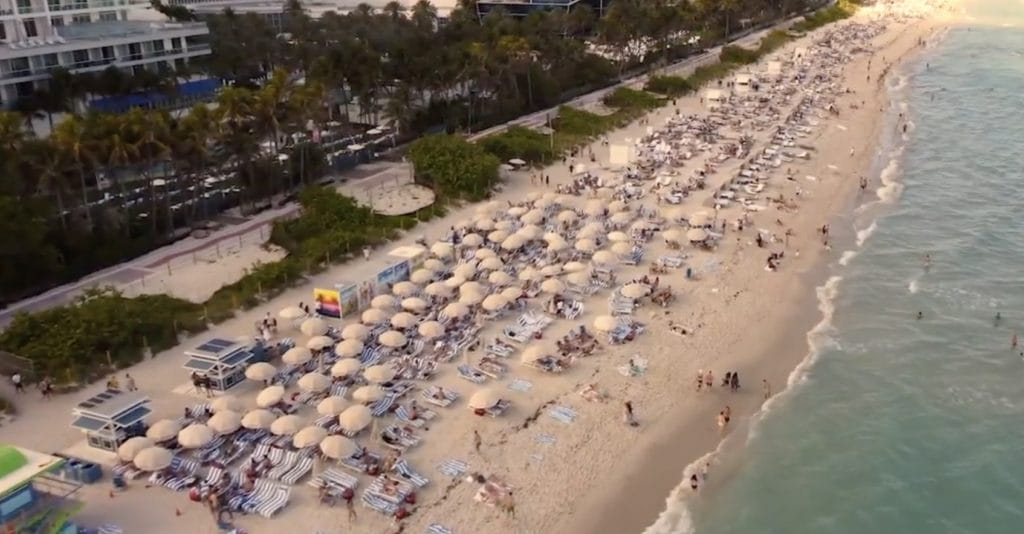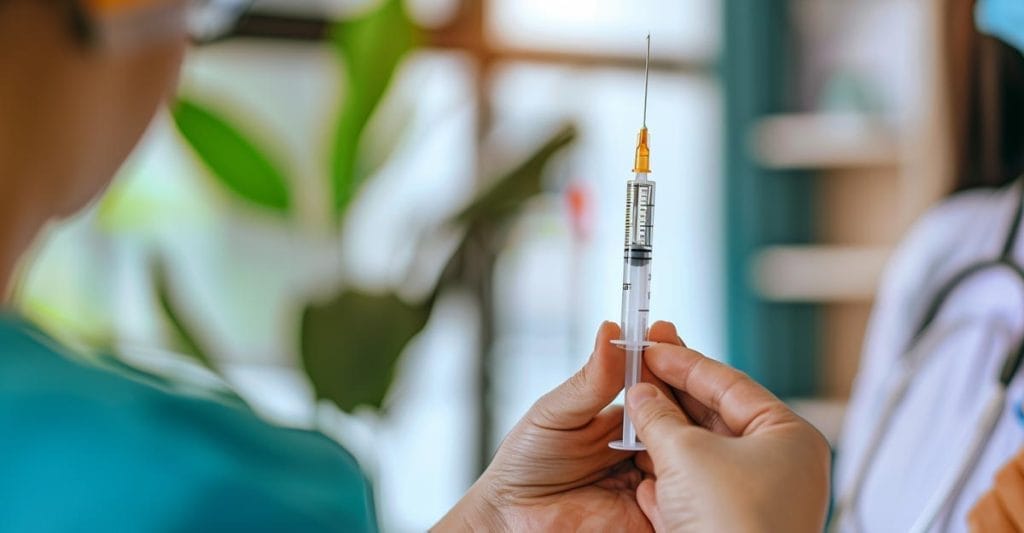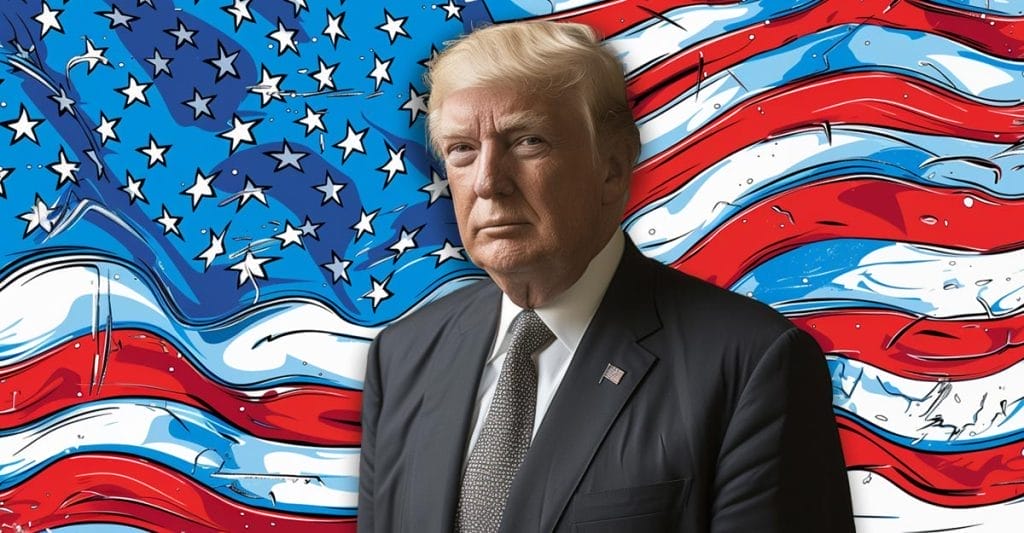When a federal judge recently threw out the Biden administration’s mask requirement for air travel, plenty of passengers rejoiced, but so did many in the travel industry. They’d been lobbying for months to ditch masks—saying it hurt their bottom dollar. Now, they’re relying on a busy summer to get back in the black. Can they do it? Scott Thuman packed his bags to find out.
If you’re wondering where all the tourists are at these days—all those travelers getting back to packing bags—a lot of them are here in Florida for what many hope will be a blowout summer season. Crucial for an industry that’s spent more than two years trying to rebuild itself from those peak-pandemic days that ground travel to a halt —businesses closed and millions of hospitality workers sent home.
All of that changing now, and the sunshine state leading the way.
Casandra Matej: In our spring numbers, we had some months where our hotels were at 90% occupancy, so we know we’re going to have a strong summer at the Orange County Convention Center. So, we’re anticipating a very healthy year when it comes to the number of meetings and conventions. And I don’t know another city in the U.S. that can really boast that.
Cassandra Matej heads the county convention and visitor’s bureau in the Orlando area.
Matej: To give you an idea, MCO or Orlando international airport, we’re at over, like at pre-pandemic capacity today of flights.
Scott: So what’s the secret to success?
Matej: Well, I think we’re trusted, a trusted destination with trusted brands, and I think that’s where the research came into effect, is that we were really watching the surveys of U.S. travelers, and when they really felt confident to travel again.
Which they advertised – a lot. Spending more than $26 million on a campaign called “The Wonder remains,” letting the world know Orlando and its theme-park haven was ready for action.
It was a hit, they say, bringing in a billion dollars of revenue, or $40 for every $1 they spent promoting it.
Orlando is one of many destinations seeing a strong tourism and travel recovery; Hawaii is too, as are big cities like Los Angeles, New York, and Boston.
But not all areas are doing as well, as some types of travel are still down, according to Tori Emerson Barnes, vice president of the U.S. Travel Association.
Emerson Barnes: Very uneven, very uneven recovery, not just across the U.S., but across the segments of travel. So we’re looking at a 2024 to 2025 time horizon just to get back to the 2019 numbers that we had. That’s absent the growth that we otherwise would’ve seen, were it not for the pandemic.
The missing link, she says, is international and business travel, which makes up only 20% of trips, but between 40 and 60% of the profits.
Just how bad is illustrated by the latest projections of hotel business travel revenue — worth $89 billion nationwide in 2019 but expected to be just $69 billion this year — that’s down 23%.
Emerson Barnes: So domestic leisure — doing really well across the board. Business travel and international — really depressed. Business travel still down about, I think, 58% and international about 78%.
Scott: Those are big numbers.
Emerson Barnes: Big numbers, big numbers.
Holding back a broader recovery, she says, long wait times for some seeking U.S. visitor visas. In worst cases, up to 300 days. And mandatory Covid testing 24 hours before flights to the U.S. A challenge when plenty of other destination countries now don’t make the same demands.
Scott: Does that mean the United States is at a disadvantage?
Emerson Barnes: It is absolutely a disadvantage. I mean, someone coming from the UK or the EU could choose Canada or Mexico, not have a pre-departure testing requirement; quite frankly, then, you could drive in over the border or walk in, and you wouldn’t have to have that test. So it’s clearly not really based on science at this point, and we think it’s time to eliminate the pre-departure testing.
Scott: Who does that fall on to make that decision
Emerson Barnes: The administration. So, I mean specifically the White House.
Scott: So you’ve gone to the White House and petitioned and said, “We need to change the rules.” What kind of reaction are you getting?
Emerson Barnes: There is support in some of the agencies for eliminating pre-departure testing.
On Orlando’s International Drive, we found visitors from Brazil, and this group who’d come from Switzerland.
Scott: Orlando, why Orlando?
Swiss visitor: There’s many theme parks, but we also like to do escape games, and the first escape game we ever did was here, and since then, we know that the best ones are here, so we came back.
No one’s more anxious than the airlines for more overseas visitors. Carriers weathered the immediate crisis of shutdowns with $54 billion worth of taxpayer support for their payrolls but still need lucrative international travel back to where it was before the pandemic.
Nick Calio: It’s been a terrible two years with all the ups and downs, but it’s getting better. The industry is still very fragile, but bookings are up. People want to fly. Leisure demand is back to about where it was in 2019, which is probably a little quicker than we expected it.
Nick Calio is President and CEO of Airlines for America, representing the nation’s big carriers.
Calio: International travel is picking up as restrictions are lifted, which is something we should be doing in the United States. But if you look at the United Kingdom, if you look across the European Union, if you look at Latin and South America, a lot of the testing requirements, potential quarantines all have been lifted, and it’s easing the ability to travel.
Scott: You strongly backed masks at the beginning of Covid, and then, with time, you came to an understanding or a belief that they were no longer necessary.
Calio: From the beginning, airlines have leaned into the data and science, and we think the mask mandate should have been lifted earlier.
Getting back up to speed now means staffing up too. A real problem since airlines, too, saw employees leave the business and need more pilots, flight attendants, and others to avoid the mass cancellations we saw earlier this year.
We caught up with the Secretary of Transportation, Pete Buttigieg, in Indiana.
Scott: Is that a challenge that you think can be quickly overcome? That makes for a pretty difficult summer of travel for people.
Secretary Buttigieg: Yeah, the challenge right now is to make sure that we are recruiting and cultivating the next generation of aviation sector professionals. Couple of things go into that. First of all, on pilot training, we’re doing direct federal funding to support pilot training. And we’re seeing a lot of the airlines and private sector players step up themselves. Then you have other jobs — flight crews, flight attendants — and that’s where we’ve got to make sure that we’re supporting job quality, supporting the work that they do, especially with everything they’ve had to deal with the last couple of years, so that more people want those jobs.
Across the travel and hospitality industry, there are now an estimated 1.4 million open jobs.
Another hurdle: costs. From higher ticket prices, to what it takes to fill up the gas tank. Hotels, foods, attractions all seeing surges as inflation hits a 40-year high.
A recent survey found 37% of travelers say higher gas prices will greatly impact their decision to travel this summer. Thirty-six percent now planning trips closer to home.
And that’s where the White House comes in again.
Emerson Barnes: Only 19% are saying that Covid is still holding them back, but inflation and the challenges with the UK, Russia, and the energy prices are definitely affecting the travel mindset.
Scott: Can you do anything to counter that?
Emerson Barnes: Nine in ten Americans still say they’re going to go. So the inflationary costs are only holding back about a quarter of folks, and we need to just make sure that we have policies in place that can counterbalance the inflationary challenges.
Scott: How does inflation, how does the cost of oil, how do high ticket prices on flights, high cost of rental cars, how do those affect you?
Matej: There’s no doubt that the travel industry is impacted by everything, whether it’s weather, whether it’s the economy, obviously, the pandemic, and many other things. But the reality is, is that I do think that there are a lot of people over the last two years, we have research to show it, that they’ve saved up more than ever before, they’re ready to get out, and they’re willing to pay some of the prices.
Banking on peoples’ impatience and a desire to get back in the air or on the road again.
Sharyl (on-camera): Yeah, people are ready. So, any idea how tourism here is comparing to foreign destinations?
Scott: Well, the competition for those travel dollars is tough. You’ve got two years of postponed trips and adventures, so people are going after some of those bucket-list trips right now, including overseas. That’s made it a lot easier to recover in places like Europe and Asia, where they have more relaxed Covid policies. It’s also making it easier for travelers to pick destinations other than the U.S.
Watch Summer Travel cover story here.



